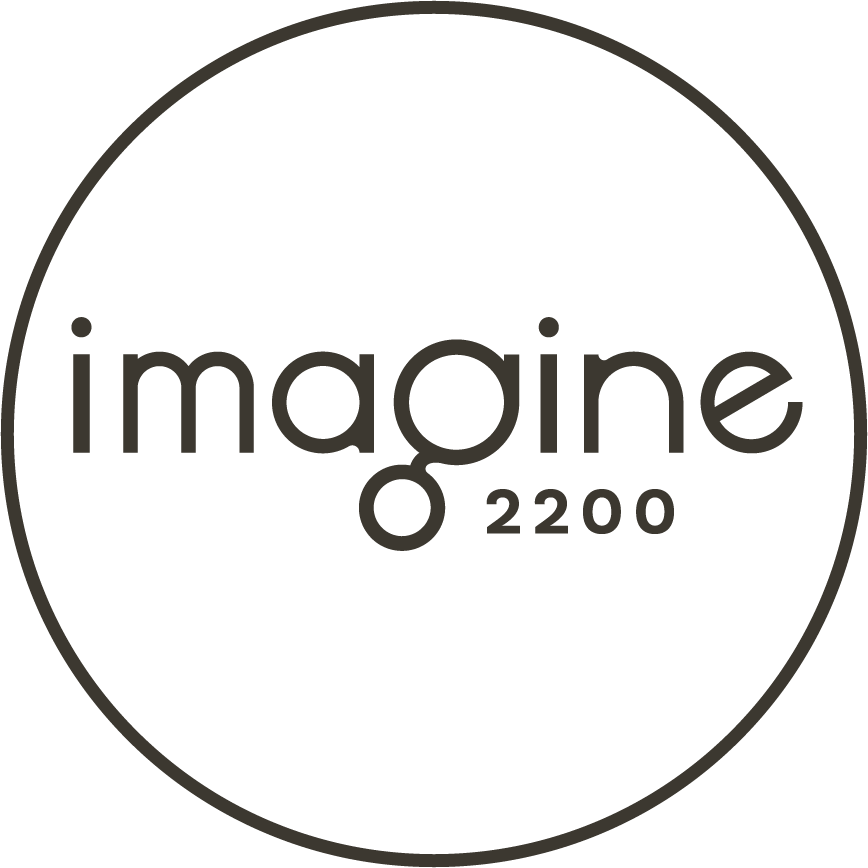Welcome to Imagine 2200: Climate Fiction for Future Ancestors, a climate-fiction contest from Grist. Read the 2021 collection now. Or sign up for email updates to get new stories in your inbox.
I am not a scientist, or an inventor of some new cleantech solution, or a policy wonk writing new proposals. I’m a network weaver at Fix, Grist’s solutions lab, which means I bring together people who are focused on climate solutions and a just transition to a carbon-free world.
At Fix we are all about bold ideas for what the future could look like, and the amazing people (like our Grist 50 Fixers) working to create it. We believe in the power of storytelling to amplify those ideas and in the power of connections between people to strengthen them.
It was connecting, rather than storytelling, that we had in mind in the spring of 2020 when we invited climate and justice leaders to a retreat focused on envisioning a pathway to our climate future. With pandemic lockdowns taking effect, our gathering migrated to Zoom, and over the course of three days the group charted the next 180 years of climate progress. This assembly visualized a complete societal transformation: a dissolution of political parties and borders. Reparations. The return of land to Indigenous and Black stewardship. Restorative justice replacing prisons. Granting rights to the Earth and non-human kin. Food sovereignty and heirloom seeds triumphing over monoculture farming. An economy built on ecological restoration, mutual aid, and care work. The pursuit of right relationships in all our systems and designs.
Out of that visioning came a new idea: a climate-fiction contest to create stories of life in that future — not to just describe a better world, but to truly build it within our imaginations. Fix has largely focused on nonfiction storytelling, so an initiative to create imagined worlds would be a first for Grist and, as a network weaver now setting off to launch this new project, for me as well.
I started reading everything I could of climate fiction, and while I found a genre focused on futures, those futures were often dystopian. They also tended to center white characters and culture. The more I explored the genre, the more I craved not only futures I would want to live in, but characters I could relate to. I wanted backyard barbecues, plastic covers on Grandma’s couch, roti served out of my Trindadian neighbors’ tool shed.
I found the inspiration I was looking for in the genres of Afrofuturism and solarpunk. Afrofuturism envisioned Black futures — representing the culture I wasn’t connecting with in much of the climate fiction I had read — and led me to other futurisms: Latinx futurism, disabled futurism, Asian futurism, queer futurism, Gulf futurism, and Indigenous futurism. Solarpunk mixed egalitarian and hopeful worldviews with futures where communities are powered by renewable energy.
Right around this time, another major event shook our world. George Floyd was murdered by a Minneapolis police officer. As a Black man I was numb to his death. The footage of police killing Black people over and over again long ago entrenched this trauma. But this time turned out to be different. People of all colors, genders, ages, and backgrounds came together to protest and push back against the system of oppression my people have been dealing with since the slave patrols. And it gave me a different type of optimism and hope — it reminded me of how powerful our voices can be when they are raised and amplified.
We created the Imagine 2200: Climate Fiction for Future Ancestors contest to celebrate short stories rooted in environmental justice and climate solutions, while amplifying voices that have been, and continue to be, affected by systems of oppression, including structural racism and white supremacy; settler colonialism; heteronormativity; xenophobia; misogyny; and ableism. We invited writers in the genres that gave me such inspiration to come play with us and showcase what is possible with climate fiction.
After putting out the call in January, we received more than 1,100 stories from over 85 countries. Each contained a unique vision of our possible future, one where we not only survive, but thrive.
Read the three winning stories and nine finalists presented in the collection, and you’ll find compelling and authentic characters who show great courage in troubled times, and who are forging equitable and sustainable futures for the communities they serve while challenging systems of oppression.
You’ll see a world where dying species reminisce together in their last moments; a society that farms the skies for water; and a world where a group of rebels keep biodiversity alive. And in each story you’ll see how hope and liberation look vastly different when they’re imagined by vastly different people.
It’s a collection of stories that gives me some of the same spark of energy I felt imagining potential futures at that original visioning retreat, the same sense of belonging I felt discovering Afrofuturism, and the same optimism around the power of rising up that I discovered during last summer’s BLM protests. But this is an uprising of the imagination, and it is just what I had hoped for and needed. More importantly, we hope it’s what you need.
We truly hope that you see yourself in these stories and futures, and that you find in them ways that we, together, can co-create the abundance we deserve, and heal from violence and extraction. That’s what it means to be a future ancestor.


